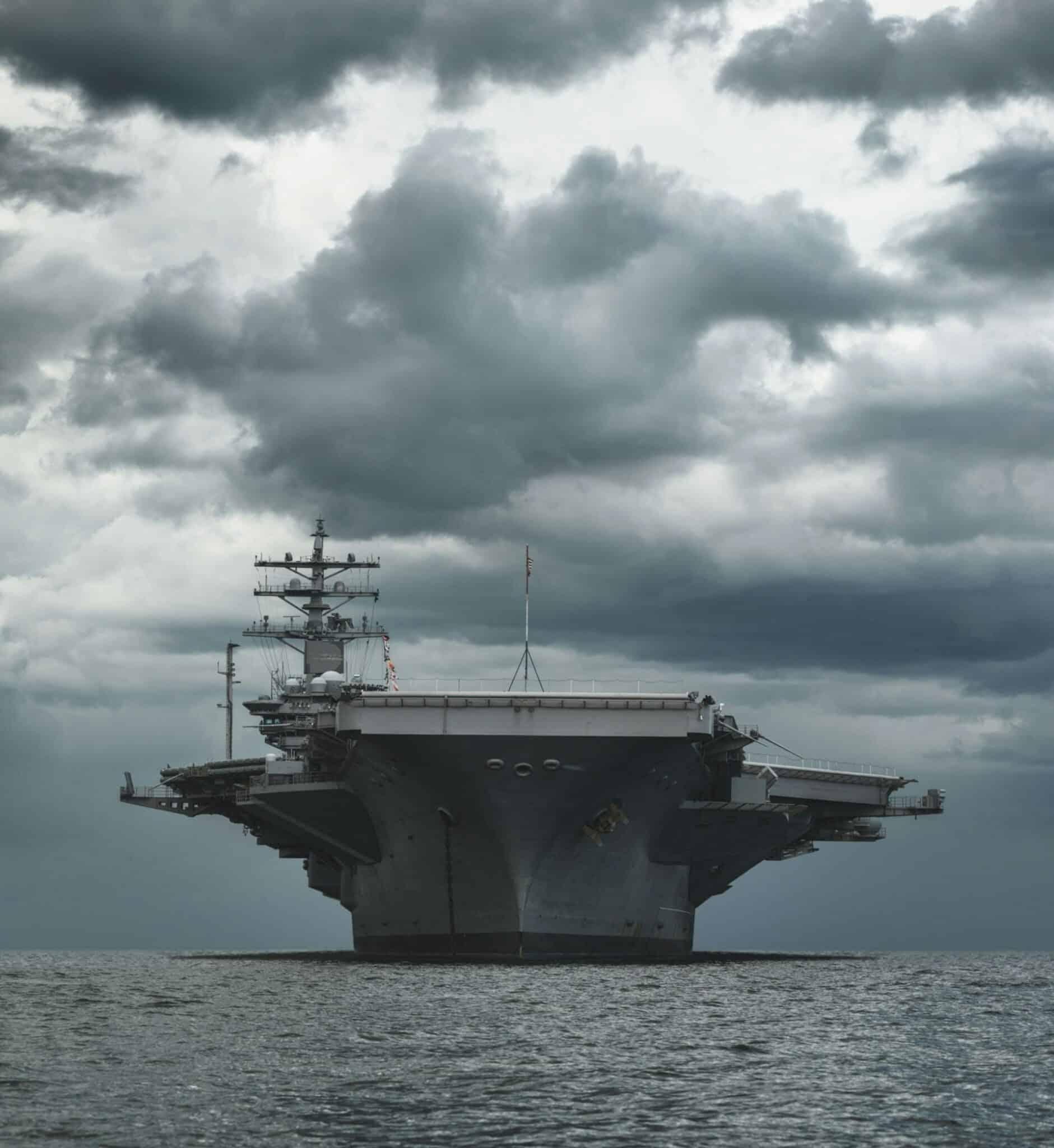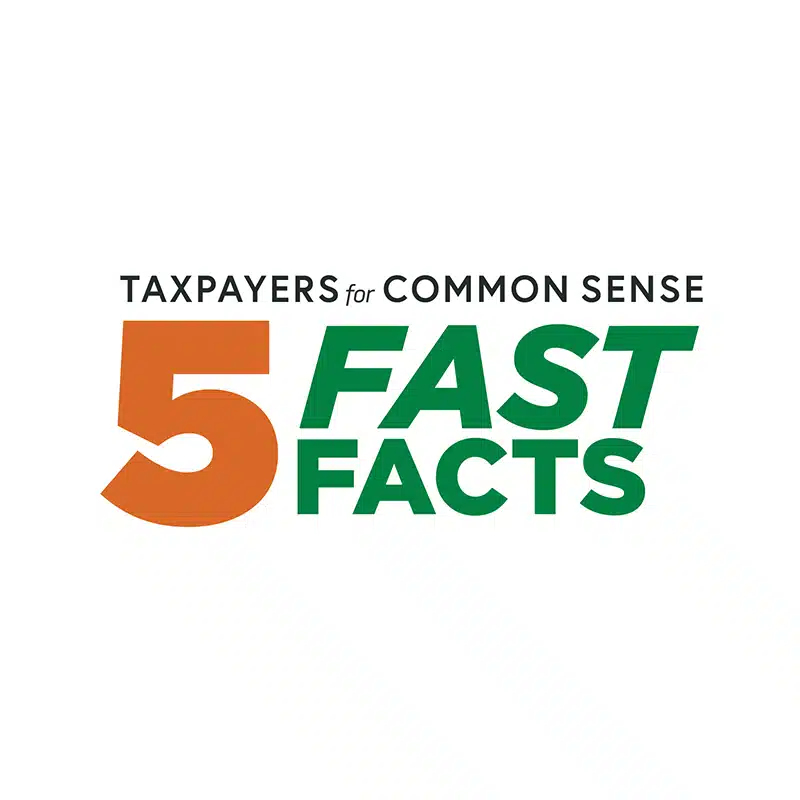In just a few short years, homeland security grants have become a mainstay of funding for state and local law enforcement efforts. Since 2002, the Department of Homeland Security (DHS) has awarded billions of dollars in funding to local projects all across the nation. Unfortunately, homeland security funds are being divvied up based on political calculations rather than risk to the homeland.
A new audit on port security grants by the DHS Office of the Inspector General shows how political pork is undermining security at our nation's ports. The audit found serious problems in how $515 million in port security funds to more than 1,200 projects was distributed between June 2002 and December 2003. The DHS has allocated hundreds of millions of dollars to protect ports since 9/11 without any effort to target these funds. Consequently, many of our most at-risk ports have not received adequate funding. This failure could compromise the nation's effort to protect against terrorist attacks.
Nearly 80 percent of all port goods move through the nation's 10 biggest ports, with the biggest loads passing through Los Angeles, Long Beach and Oakland in California and New York. While all of these ports have big bulls eyes on them, the ports in Los Angeles and New York face even greater risk because of their proximity to densely populated areas. Considering this, it's astonishing that New York, which handles 12 percent of the nation's cargo traffic, received just 7 percent of last year's port security grants, and Los Angeles was similarly ripped off.
Meanwhile, grants were awarded to protect the port at Martha's Vineyard as well as to the states of Oklahoma, Kentucky, New Hampshire and Tennessee – hardly the frontlines of the war on terror. After examining four rounds of grants, the Inspector General found that the DHS appeared to be intentionally distributing the money as widely as politically possible.
The audit also found that one third of all the port security grants went to private companies that operate ports, in some cases for projects that had little to do with protecting against terrorism. According to an investigation by journalist Cory Reiss from the New York Times regional newspaper group, more than $30 million went to foreign companies, including $5 million to Motiva Enterprises, which is half-owned by the Saudi Arabian kingdom's national oil conglomerate. This raises significant questions about the true purpose of these funds.
Not only did corporations receive millions of dollars in grants, many of the grants were for dubious purposes: $180,000 was used to install security lights at a port that receives less than 20 ships per year, $10,000 went to one port for encrypted radios that were not compatible with federal and state radios. At one port — next to which stands a luxury entertainment pavilion that includes restaurants, a hotel and spa — a $25,000 grant was awarded to install video surveillance equipment and alarms. Investigators concluded that the equipment was a normal business expense that taxpayers shouldn't have paid for.
The reason this corporate welfare exists is because the DHS has insufficient safeguards in place to ensure that companies are not using grants to cover their normal cost of doing business. Nor does the government require for-profit grant recipients to pay their fair share of the projects' cost. These grants should not be going to pad the bottom lines of for-profit companies.
The lack of oversight and outright confusion by the DHS on the question of how to distribute port grants is symptomatic of a larger problem. Security spending of all kinds is being distorted by bad choices and pork barrel politics. Taxpayers need port security, not pork security.











Get Social